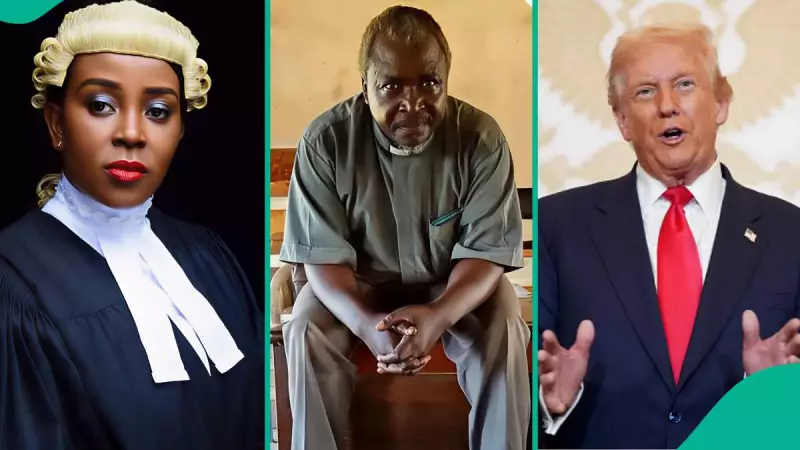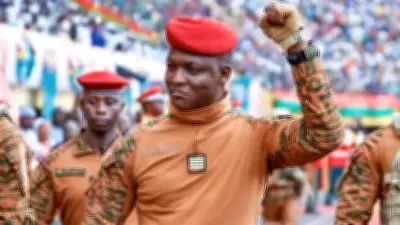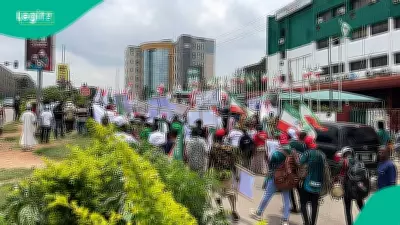
In a dramatic appeal for international intervention, a prominent Nigerian religious leader has reached out to former United States President Donald Trump, pleading for protection and asylum from escalating security threats in his homeland.
Urgent Plea for Protection
Reverend Ezekiel Dachomo, through his legal representative Barrister Ayodeji A. O. Ogunruku, has penned an emotionally charged open letter to the former American president. The correspondence outlines grave concerns about the clergyman's safety and wellbeing within Nigeria's increasingly volatile security landscape.
Security Crisis in Nigeria
The letter meticulously documents the deteriorating security situation across Nigeria, emphasizing the particular vulnerability of religious figures in the current climate. Reverend Dachomo's appeal highlights how the pervasive atmosphere of fear and uncertainty has made normal ministry work increasingly perilous for spiritual leaders.
Why Trump?
The decision to approach Donald Trump specifically stems from the former president's well-documented stance on religious freedom and his administration's historical support for persecuted religious communities worldwide. The legal team believes Trump's influence could provide the necessary leverage to secure protection for the embattled cleric.
Legal Framework for Asylum
Barrister Ogunruku's letter carefully outlines the legal grounds for Reverend Dachomo's asylum request, citing:
- Credible threats to personal safety
- The targeting of religious leaders in Nigeria
- Inadequate protection from local authorities
- International human rights protocols
Broader Implications
This case transcends individual circumstances, shedding light on the broader challenges facing religious practitioners in Nigeria. The open letter serves as both a personal appeal and a stark commentary on the security crisis affecting millions of Nigerians across various sectors of society.
The international community watches with keen interest as this unusual diplomatic appeal unfolds, potentially setting precedents for how global leaders might intervene in similar humanitarian cases involving religious persecution and security threats.





